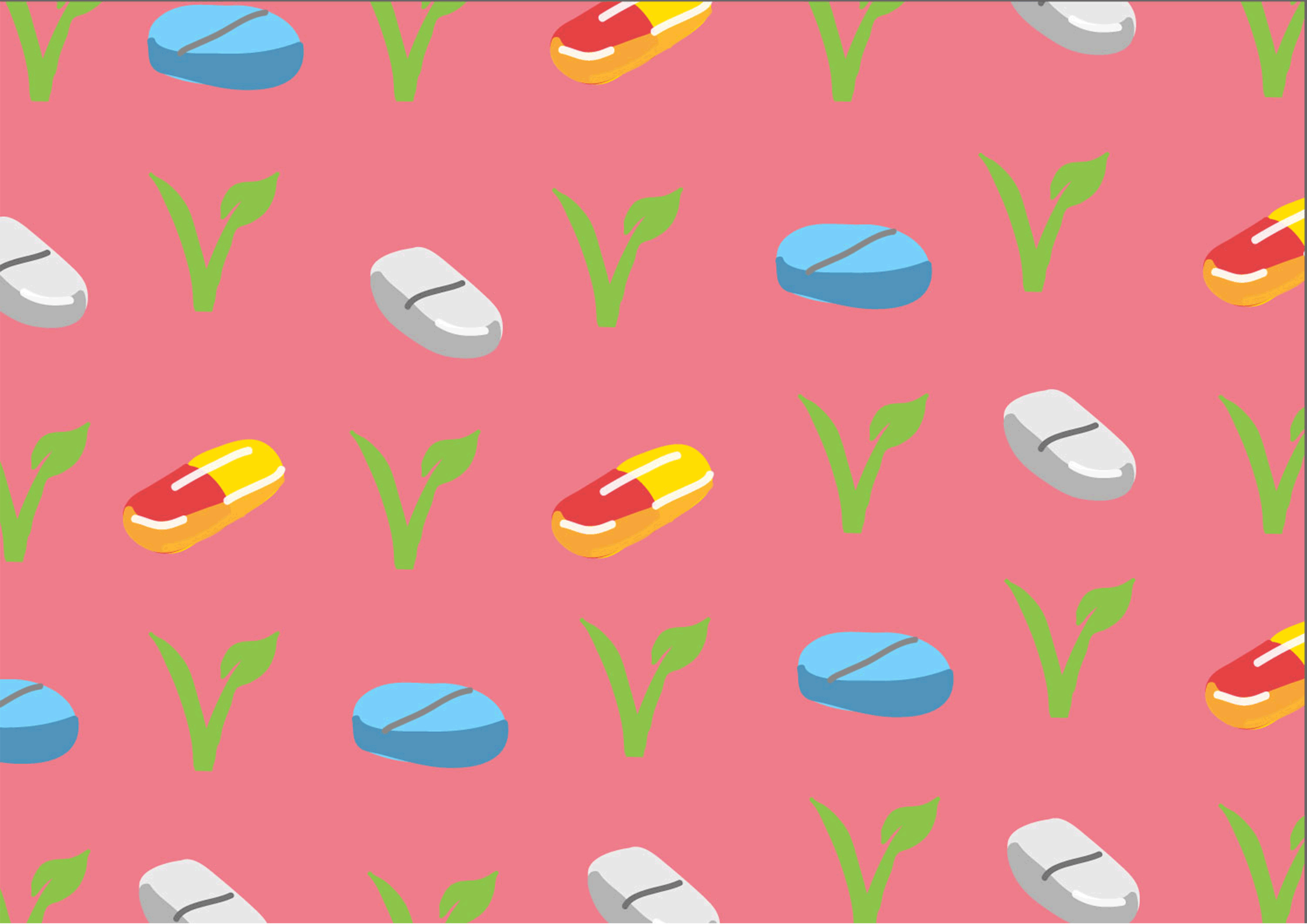
Veganism is one of the fastest growing lifestyle movements in Britain. In two years there has been a rapid 6% increase in the number of vegans in the UK, rising from 542,000 in 2016 (Great Britain only) to 3.5 million in 2018. Many people are choosing the vegan lifestyle because of health implications related to the consumption of meat and dairy products. The World Health Organisation stated that processed meats were classified as having the same carcinogenic harm to humans as asbestos and tobacco, and increased your risk of colon or rectal cancer by 18%. Research, supported by Professor Carolyn Roberts of Gresham College, London suggests that many people have embraced the vegan lifestyle because of environmental concerns and in an effort to reduce their carbon footprint. A survey in 2016 also showed that there were almost twice as many female vegans as male vegans.
Being a vegan is said to be good for personal health and for the environment, but what happens when vegans do become ill, because of any number of reasons including inherited health conditions? Most prescription medications are not vegan or have been tested on animals – this is a pre-licensing requirement of both national and international regulations. So, can you take prescription medications and still call yourself a vegan?
“…most medications prescribed in primary care contain animal derived products”
I have had personal experience of the difficulty that arises when trying to get vegan-friendly medication from healthcare practitioners, beginning with the doctor to the point of delivery from the pharmacist. I have encountered resistance to my requests for lactose and gelatine free medication. I have been vocal about my dietary requirements, and as a result I have been told that most medications prescribed in primary care contain animal derived products. I was additionally informed that labelling of animal content in medication is generally poor and overlooked, and is variable on the institution creating the medication.
What about others who have similar requests for other health or religious reasons? Rastafarians have historically embraced a vegan, also known as ital, lifestyle with one of the beliefs of Rastafari being that a plant based diet is medicine for the body. Jewish and Muslim people are some of the groups that avoid pork and its derivatives in all forms. Yet in 2015 it was reported that many medications, including the influenza vaccine, had pork derived ingredients in them. In response, Jewish and the Muslim religious leaders have had to offer guidance on using vaccines with porcine ingredients .
This guidance extends even further, and within Jewish communities, people can refer to a list of medications with a kosher certificate, and guidelines to categories of illness to determine whether a non-kosher product can be taken. There are also lists of halal and haram medicines available for followers of the Muslim faith, and veganism within the Muslim community is on the rise. Additionally, medications must also be closely monitored during Ramadan, when fasting can cause the medication to have unusual effects on the body. Additionally, several studies have been undertaken into the effects of the mainly plant-based and the predominantly vegetarian Seventh-day Adventist diet on health; studies of the residents of the Loma Linda area of California show that people following such a diet live a longer and healthier life and therefore have less requirements for prescription medications.
“The disclosure of animal content in medications is important to enable patients to make informed personal choices”
Will the strength of the green pound across this rapidly growing British demographic have an effect on the pharmaceutical giants, or will changes only occur to the medications available when a wealthy vegan celebrity gets ill? There’s a good chance the pharma industry won’t be interested in manufacturing vegan medication, given the cost of finding less expense ways than testing or producing their produces. Which means, there is a good chance that vegans will continue to be faced with the question “is my medication vegan?”
The disclosure of animal content in medications is important to enable patients to make informed personal choices and maybe it is time the government should at least consider adapting legislation to make adequate healthcare provisions for this growing section of society. The NHS has already conducted studies into the health benefits of being a vegan. Besides, economically vegan diets make sense in terms of both land use and the reduction of CO2 emissions each year. Additionally, consistent healthy eating practices reduce the expenditure on medication, medical visits and hospital interventions. So when there is a subsequent need for vegans to access health care, the financial savings that have been made in longer term healthcare needs could offset expenditure needed for the provision of appropriate vegan prescription medications.
Without substantial changes to the manufacturing process of prescription medication, vegans who become ill will have to make additional ethical choices on whether to take medication that has been produced with animal connections, or risk remaining ill. But is that really fair?









